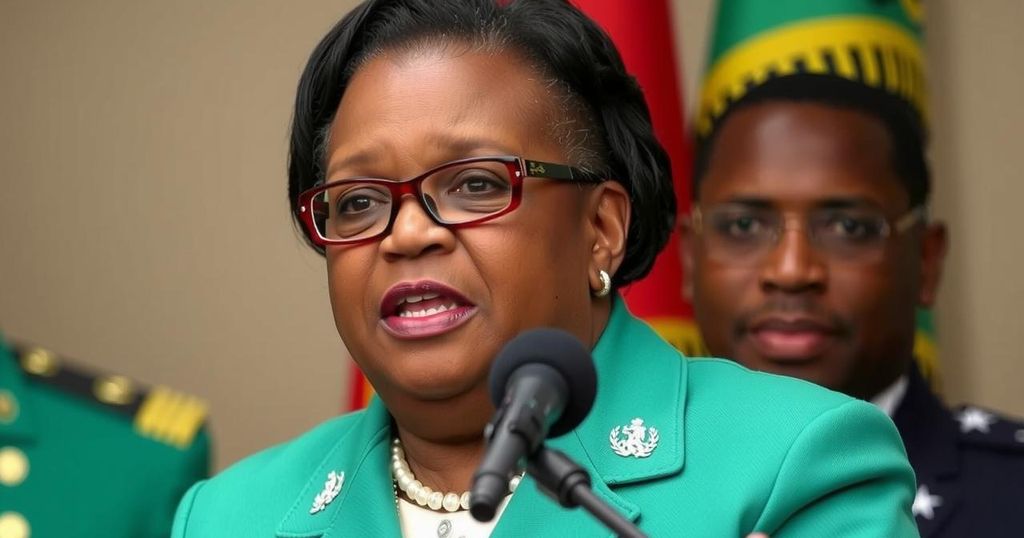Prime Minister Dr. Keith Rowley defended the state of emergency (SOE) in Trinidad and Tobago, citing a severe rise in violent crime as the rationale. The SOE is intended to restore order amid a worrying increase in homicides, with 623 reported in 2024. The government assures that there will not be a curfew, aiming to reduce economic impacts, while police are empowered to make warrantless searches and arrests to address the crisis effectively.
On January 2, 2025, Prime Minister Dr. Keith Rowley reaffirmed his government’s decision to implement a state of emergency (SOE) in Trinidad and Tobago. This action was taken in response to a perceived threat to national security arising from a surge in violent crime, including murder and elevated use of firearms. Rowley stated that it was crucial for the state to restore order and balance between safeguarding citizens’ fundamental rights and protecting them from dangerous criminal activities perpetrated by a minority.
During his New Year’s address, Rowley emphasized the importance of viewing the SOE as a necessary measure to combat escalating criminal behavior that threatens societal stability. He highlighted the alarming statistics regarding the increase in homicides, with the country recording 623 murders in 2024, a significant rise from the previous year. Acting Attorney General Stuart Young provided details on the SOE’s provisions, indicating no curfew would be imposed to minimize economic disruption.
He also stressed that police could conduct searches and make arrests without warrants, with potential judicial oversight extending up to seven days. Furthermore, Minister of National Security Fitzgerald Hinds referred to the situation as an “epidemic,” citing specific incidents of violence that underscore the urgency of the measures being taken. This is not the first time an SOE has been declared for similar reasons, recalling a prior imposition in 2011 focused on crime hotspots.
The decision to declare a state of emergency stems from ongoing concerns regarding the safety and security of citizens in Trinidad and Tobago amidst rising crime rates. Reports of violent acts such as murder, kidnapping, and extortion reflect a troubling trend, necessitating government intervention to regain public safety and order. Previous measures have been insufficient in curbing this violence, leading to the current state of emergency declaration aimed at restoring stability in society.
In conclusion, the declaration of a state of emergency in Trinidad and Tobago represents an urgent governmental response to an escalating crime crisis marked by a significant increase in homicides and violent incidents. Prime Minister Rowley’s administration seeks to balance the protection of public rights with the necessity of security. The implementation of the SOE aims to address these serious threats while ensuring minimal disruption to everyday life.
Original Source: www.jamaicaobserver.com






